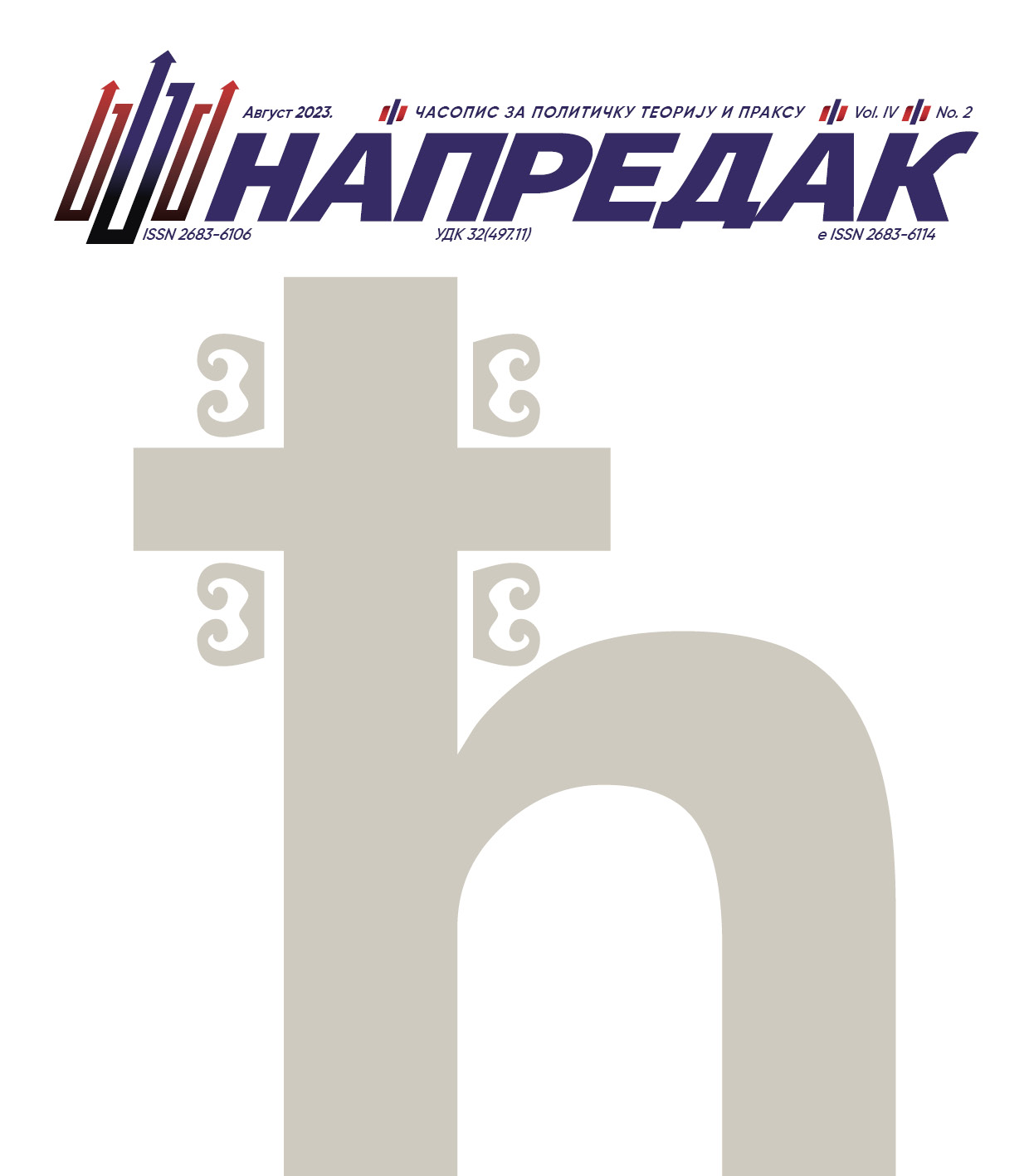Reality show, a philosophical question
Abstract
From the point of view of the philosophy of media, the text tries to point out the importance of analyzing reality shows in the context of philosophical reflections on this topic, primarily in the domain of socio-humanistic research, as well as regarding the current role and position of the media in society, at a global level. In our opinion, the reality show is a typical media product of late capitalism, calculated on profit and entertainment. However, the basic concept and effect of reality shows on the audience depend on the idea of production, and the content of these formats varies from „socially useful” (for capitalism) to morally controversial and highly provocative (violence and pornography). Basically, if it is substantiated, the philosophical criticism of reality shows should point to the ontological dimension, as well as the socioeconomic framework of questioning in which reality shows are present and useful for maintaining the status quo for the ruling class (the so-called elite), to the detriment of the poor and oppressed.
References
Anders, G. (1996). The world as phantom and as matrix: Philosophical considerations on radio and television. Novi Sad: Prometej. [In Serbian]
Baudrillard, J. (1991). Simulacra and simulation. Novi Sad: Svetovi. [In Serbian]
Bromwich, K. (2014, November 6). What reality TV can teach us, The Guardian. Available at: https://www.theguardian.com/ tv-and-radio/2014/nov/16/reality-tv-lessons-in-philosophy. (Accessed on 9 June 2023)
Canudo, R. (2015). The Seventh Art. Beograd: Studio Lirica. [In Serbian]
Ćalović, D. (2021). Reality shows in the age of lost authenticity. In: N. Grubor (ed.) Nova kritička teorija: Filozofija zabave (81–91), Beograd: Estetičko društvo Srbije. [In Serbian]
Fetz, E. E. (2012). Artistic explorations of the brain. Frontiers in Human Neuroscience, vol VI. DOI:10.3389/fnhum.2012.00009
Foucault, M. (1997). Discipline and Punish: the Birth of the Prison. Sremski Karlovci; Novi Sad: Izdavačka knjižarnica Zorana Stojanovića. [In Serbian]
Kathleen, E. (2020). Reality TV: The Panopticon of Public Humiliation. Available at: https://theculturesift.com/reality-tv-thepanopticon-of-public-humiliation/. (Accessed on 11 June 2023)
Lindemann, D. J. (2022). True Story: What Reality TV Says About Us. New York: Farrar, Straus & Giroux.
Morris, T. (2013). The Philosopher King of Reality TV. Available at: https://www.huffpost.com/entry/philosopher-king-ofreality-tv_b_2805823. (Accessed on 8 June 2023)
Nannicelli, T. (2016). Appreciating the Art of Television: A Philosophical Perspective. New York: Routledge.
Radulović, L. & Erdei, I. (2017). “Big Brother is Watching You / You are Watching Big Brother. The phenomenon of watching (supervision) and the imperative of viewership in the reality program. Etnoantropološki problemi, XII (1), 19–50. DOI:10.21301/eap.v12i1.1. [In Serbian]
Sartre, J-P. (1944). Behind Closed Doors (One-act play). Available at: https://www.scribd.com/doc/22502158/%C5%BDan-PolSartr-Iza-zatvorenih-vrata. [In Serbian]
Television Aesthetics. (2004). Forthcoming in the Television Encyclopaedia, edited by Horace Newcomb, 2nd edition, Taylor and Francis.
Wong, J. (2001). Here’s Looking at You: Reality TV, Big Brother and Foucault. Canadian Journal of Communication, XXVI (4), 33–45. DOI: 10.22230/cjc.2001v26n4a1252

